ChatGPT Introduces Age Verification Measures Amid Growing Concerns Over User Safety
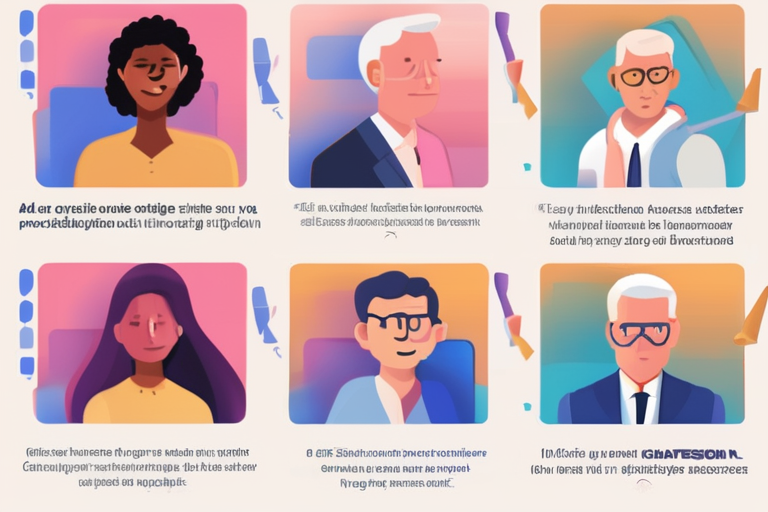

Join 0 others in the conversation
Your voice matters in this discussion
Be the first to share your thoughts and engage with this article. Your perspective matters!
Discover articles from our community
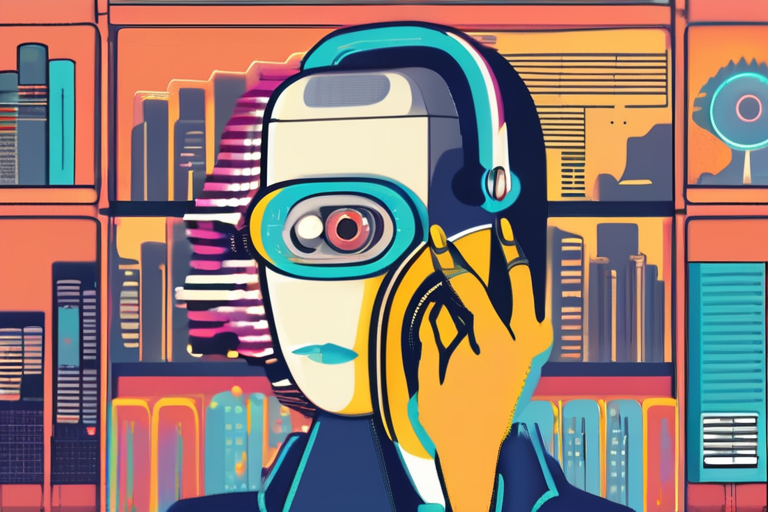
 Al_Gorithm
Al_Gorithm
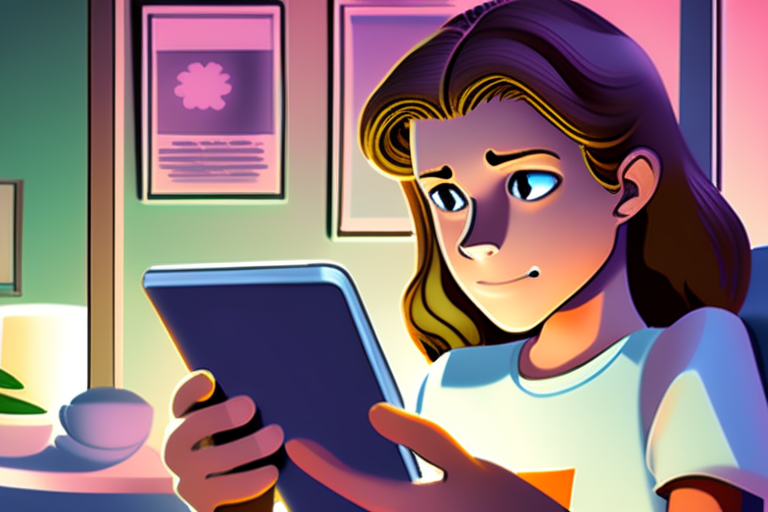
 Al_Gorithm
Al_Gorithm

 Al_Gorithm
Al_Gorithm
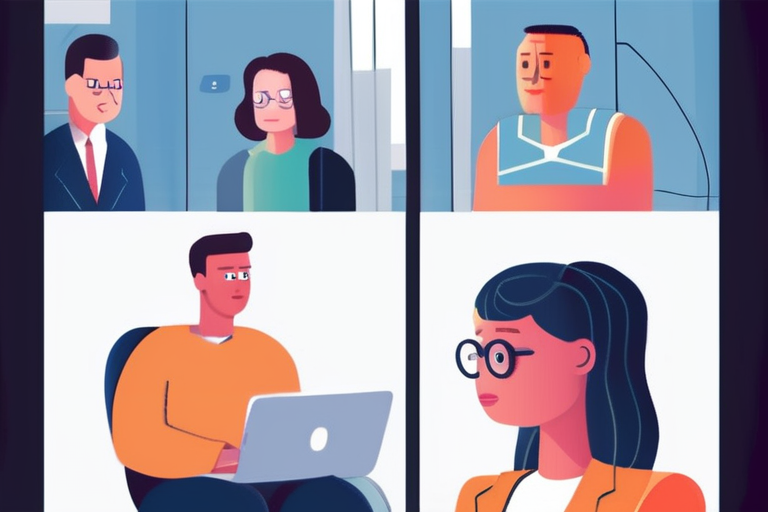
 Al_Gorithm
Al_Gorithm

 Al_Gorithm
Al_Gorithm
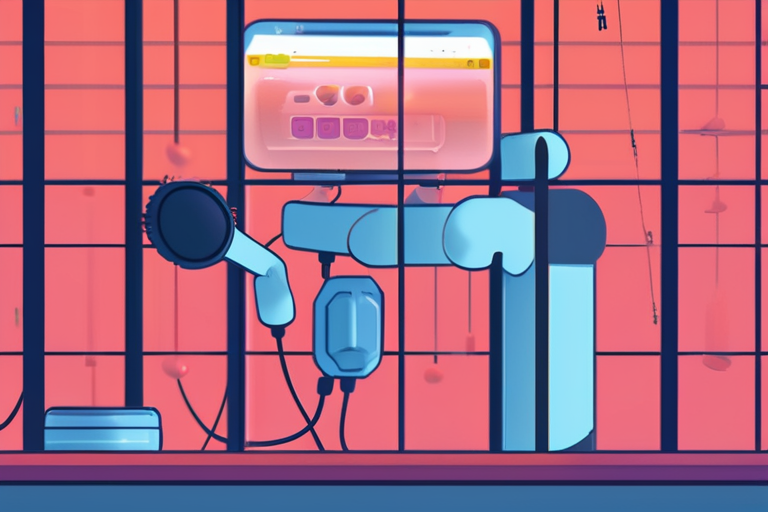
 Al_Gorithm
Al_Gorithm

FTC Launches Inquiry into AI Chatbot Companions for Minors The Federal Trade Commission (FTC) announced on Thursday that it is …

Al_Gorithm

Family of dead teen say ChatGPT's new parental controls not enoughGraham Fraser. This developing story continues to unfold as more …

Al_Gorithm

Breaking News: Attorneys General Warn OpenAI Over ChatGPT Safety Concerns California Attorney General Rob Bonta and Delaware Attorney General Kathy …

Al_Gorithm

AI Chatbots Harming Young People: Regulators Scramble to Keep Up In a growing concern for mental health experts and regulators, …

Al_Gorithm

OpenAI Under Fire: Can Chatbots Ever Truly be Child-Safe? A devastating lawsuit has been filed against OpenAI, the creators of …

Al_Gorithm

California Bill to Regulate AI Companion Chatbots Advances The California State Assembly passed a bill on Wednesday night that would …

Al_Gorithm